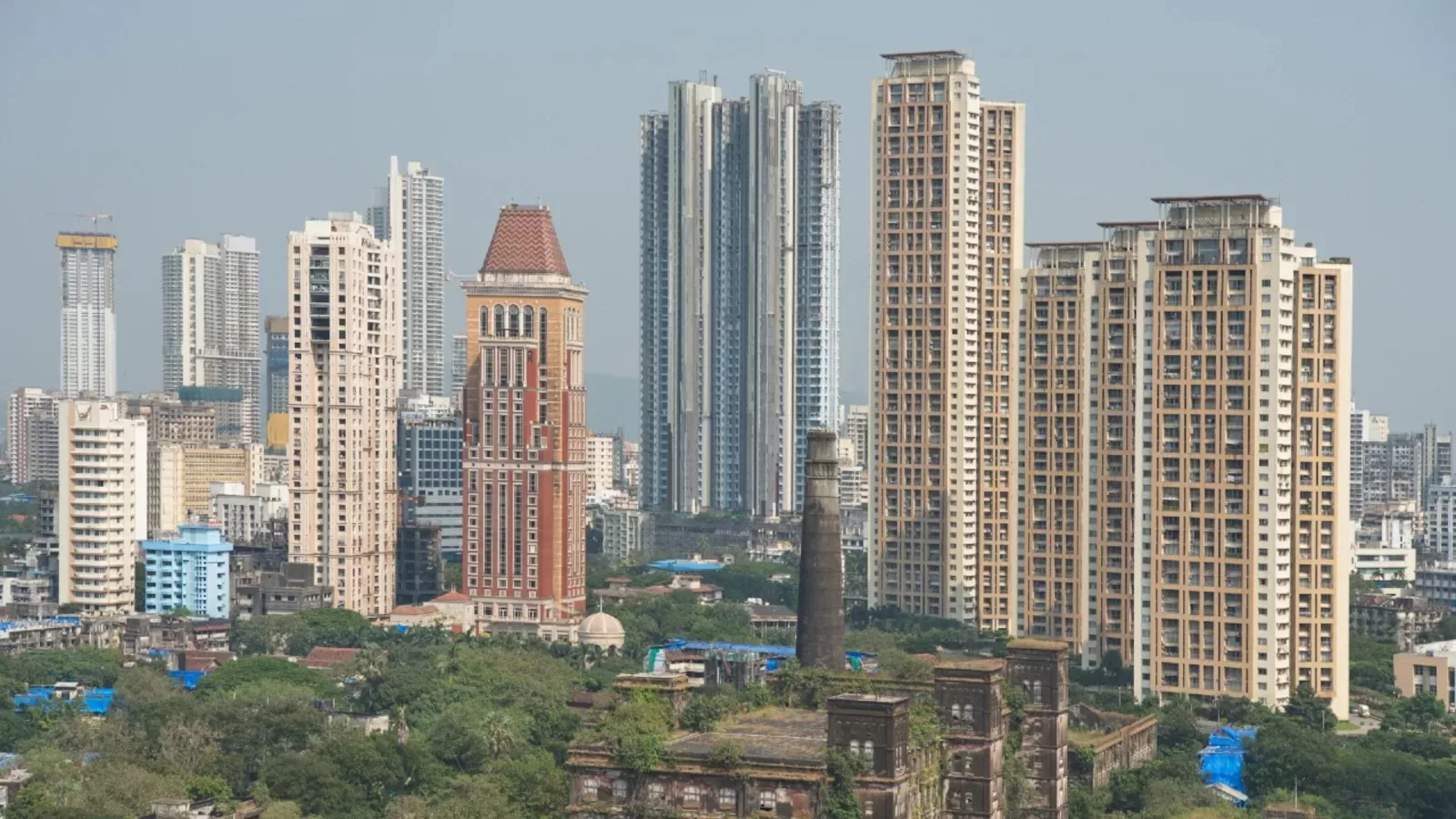Real estate developers are challenging the 18% Goods and Services Tax (GST) imposed on the transfer of development rights within joint development agreements (JDAs) between developers and landowners. They argue that JDAs do not involve any sale of land and, therefore, the transfer of these rights should not be taxable.
Earlier this week, a developer appealed to the Supreme Court against a Telangana High Court ruling that upheld the taxation of JDAs. The Supreme Court has issued a notice to the Centre seeking its response, with a hearing scheduled for September 9. Until a final decision is made, landowners and developers must continue to pay the tax as per the Telangana High Court’s order.
A JDA is a partnership where a landowner provides land and a real estate developer undertakes the construction of buildings and related infrastructure. “If land is sold to a third party, GST can be levied. However, in a JDA there is no sale, so it is not taxable,” explained Sanjay Dutt, managing director of Tata Realty.
Dutt believes that taxing JDAs will render real estate development financially unviable, as increased costs will ultimately be passed on to buyers. Dhaval Ajmera, director of Ajmera Realty & Infra India, pointed out that GST is typically levied on services provided. “There are no services provided in a joint development, so no GST should be levied,” he said. Ajmera also noted that developers already pay stamp duty on JDA agreements, questioning the need for additional GST.
Tax experts argue that development rights are incidental to land sales and that JDAs are ancillary to the ultimate conveyance of land in exchange for construction services, making them non-taxable. Abhishek A Rastogi, founder of Rastogi Chambers and representing a developer in the Supreme Court, argued that the incidental and ancillary rights to land sales should not be subject to GST, as the supply of land is excluded from GST’s scope. He warned that additional taxes would make projects unviable and lead to tax cascading.
Shareen Gupta, Partner at JSA Advocates and Solicitors, acknowledged the complexity of the issue. She noted that while legislation does not explicitly tax such transactions, notifications regarding valuation and time of supply for such services suggest otherwise, creating a prima facie case for the industry. However, she also noted that the development of land could be considered a taxable service, similar to construction and leasing activities.


